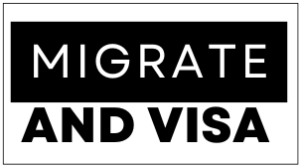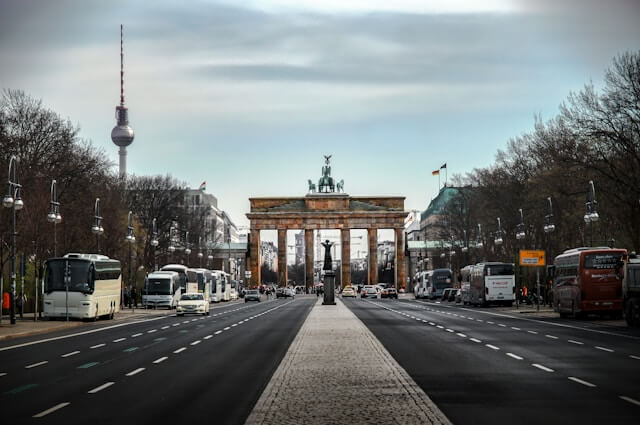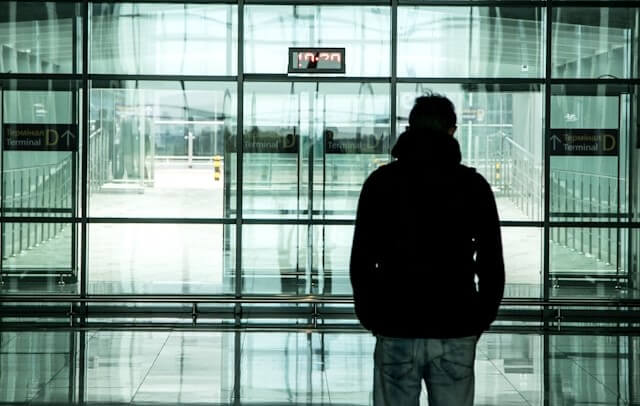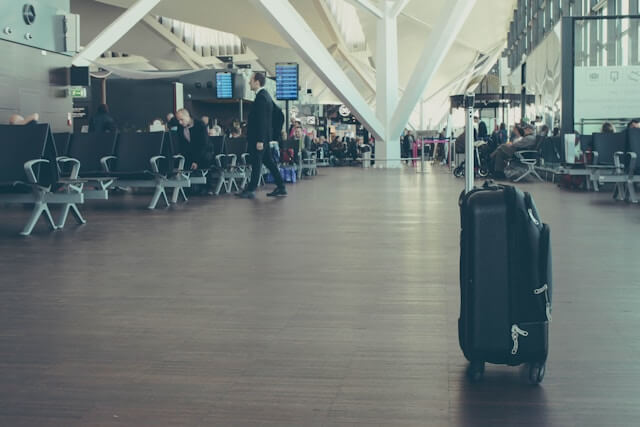Has your U.S. visa application been denied and you can’t tell why? We are here to show you some of the reasons.
There are so many opportunities you stand to benefit in the U.S. Obtaining a U.S. visa is a pivotal step for many individuals eager to explore these opportunities. The visa is a ticket to reunite with loved ones, pursue education, or conduct business in the United States.
The visa application process can be complex and challenging. The most qualified applicants may face the disappointment of a denial. This is what makes the visa application process problematic.
These are the 10 reasons why the U.S. visa application of people are denied. These are to prepare you so that your U.S. visa application will not be denied.
We will explore 10 common reasons why U.S. visa applications are denied. We will also provide insights on how to avoid these pitfalls.
1. Lack of Strong Ties to Home Country
One of the major reasons for visa denial is the failure to demonstrate strong ties to the applicant’s home country. There are many things that the consular officers look out for when they see a visa application.
Consular officers assess whether applicants have compelling reasons to return to their home country after their visit to the United States.
These are the factors consular officers look out for: family, employment, property ownership, and community ties. They can help establish strong ties and mitigate concerns about immigration intent.
Also Read: How to Choose Which Country to Study Abroad for Master’s Degree as a Nigerian
2. Incomplete or Inaccurate Documentation
Incomplete or inaccurate documentation is another common reason for visa denial. Applicants must provide all required documents accurately and in accordance with the visa application guidelines.
Failure to submit essential documents or providing false or misleading information can lead to visa refusal.
3. Insufficient Financial Resources
Not having enough money is one reason why your visa application can be denied. Consular officers read through your bank statement before deciding whether to approve or deny your application.
Visa applicants must demonstrate their ability to financially support themselves during their stay in the United States.
Insufficient financial resources or inability to provide evidence of adequate funding can result in visa denial. Applicants should provide bank statements, sponsorship letters, or other financial documentation to prove their financial stability and ability to cover travel expenses.
4. Inconsistent or Contradictory Information
Consular officers carefully review visa applications for consistency and accuracy. Inconsistencies or contradictions in the information provided by the applicant during the visa interview or in the application forms can raise doubts about credibility and lead to visa denial.
It’s essential to ensure that all information provided is truthful, accurate, and consistent throughout the application process.
The consular officers are familiar with loopholes you intend to exploit. Rather than trying to outsmart the officers at the visa office, be truthful with your information.
Also Read: Why Previous Visa Rejections Can Affect Future Visa Application: Key Things You Should Know
5. Past Immigration or Criminal History
Past immigration violations or criminal history can impact visa eligibility. It can also increase the likelihood of visa denial.
These categories of people are likely to have their applications denied: applicants with a history of visa overstay, immigration violations, or criminal convictions. These may face challenges obtaining a U.S. visa.
This is not to mean that these will not get their visa approved. It is just that their chances are slim.
6. Failure to Demonstrate Purpose of Travel
Visa applicants must clearly demonstrate the purpose of their travel to the United States. How compelling the reasons for the visit are will impact on whether it will be approved or denied.
Failure to articulate a clear and legitimate purpose for travel can make your visa application denied. it can also raise suspicions about the applicant’s intention.
Ensure that your travel objectives align with any of the following: tourism, business meetings, academic study, or medical treatment.
7. Lack of Intent to Return
Consular officers assess whether visa applicants have a genuine intention to return to their home country after their visit to the United States.
Factors such as family, employment, property ownership, and community ties are considered in determining the applicant’s intent to return. Lack of convincing evidence of ties to the home country can lead to visa refusal.
8. Overstaying Previous Visits
Applicants with a history of overstaying previous visits to the United States may face challenges obtaining a new visa.
Consular officers may view past overstays as evidence of a propensity to violate immigration laws. This may lead to the denial of your visa application. It’s essential to comply with the terms of previous visas and maintain a record of compliance to avoid visa denial.
Also Read: 10 Best Courses that Can Get You a Job in the United States Faster
9. Insufficient Travel or Immigration History
Limited travel or immigration history may raise concerns about the applicant’s eligibility for a U.S. visa. Consular officers may view applicants with minimal travel experience or limited ties to their home country as higher-risk candidates for visa denial.
It’s essential to provide comprehensive documentation of travel history, immigration status, and ties to the home country to support the visa application.
10. Failure to Meet Visa Requirements
This is one of the 10 reasons why your visa application can be denied.
Ultimately, visa applicants must meet all eligibility criteria and requirements specified by the U.S. Department of State and the U.S. Embassy or Consulate where the visa application is processed.
Failure to meet these requirements can lead to visa denial. Submitting incomplete or incorrect forms, not paying the required visa fees, or not attending the visa interview can lead to the denial of your visa application.
Conclusions
These are 10 reasons why your visa application will be denied. Ensure that you take these into cognizance. They will guarantee that your visa application will be approved.
Navigating the U.S. visa application process can be hectic and if you are not prepared, it will be denied. Understanding common reasons for visa denial and taking proactive steps to address potential concerns can improve your chances of a successful outcome.
By demonstrating strong ties to your home country, providing accurate documentation, articulating a clear purpose for travel, and meeting all visa requirements, you can enhance your chances of obtaining a U.S. visa and fulfilling your travel aspirations.
Remember to approach the visa application process with diligence, honesty and preparation. Seek guidance from immigration professionals or legal experts if needed.











